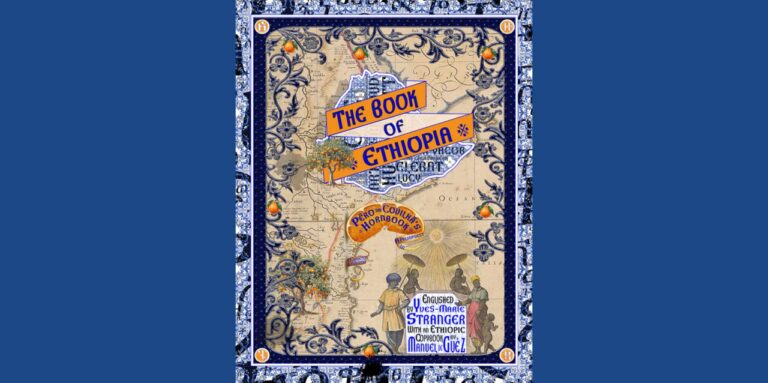The intersection of business and conflict is a growing focus in global development discourse. With over 1.5 billion people living in conflict-affected regions (World Bank, 2020), the private sector plays a crucial role not only in economic recovery but also in shaping political and social outcomes. “Sponsoring conflict” in this context extends beyond direct support for violence and includes economic activities that either intentionally or inadvertently fuel tensions, alter power dynamics, or benefit from instability.
While some firms enter these environments with peacebuilding intentions, others exploit the political vacuum, resource abundance, or institutional fragility for profit. This article examines these dualities and proposes a framework for ethical engagement in conflict-affected business environments.
The term sponsoring conflict typically refers to the direct or indirect facilitation of conditions that sustain, worsen, or capitalize on political, ethnic, or economic conflict. In business contexts, this may include: financing armed groups or authoritarian regimes; resource extraction that contributes to environmental degradation and social unrest; profiteering from reconstruction contracts that overlook local needs or exacerbate inequalities and providing technologies or services that reinforce surveillance or repression. These practices may be deliberate or emerge as byproducts of poor governance, limited oversight, or the absence of international accountability mechanisms.
From a strategic perspective, firms may be drawn to conflict environments for several reasons: access to untapped markets: Conflict often disrupts traditional supply chains, leaving space for new entrants. First-mover advantage: Early investment in post-conflict reconstruction can position firms favorably once stability returns. Natural resource exploitation: Regions with extractive wealth are often at the center of violent conflict but attract high-risk capital due to potential returns. Privatization of public services: In the absence of functioning states, private companies may fill critical infrastructure and service gaps, especially in security, logistics, and telecommunications.
However, these opportunities come with high political risk and reputational exposure. Companies operating in conflict situation are at heightened risk of complicity in human rights violations. Examples include the use of forced labor, displacement of communities, and environmental degradation with disproportionate effects on marginalized groups.
There is increasing scrutiny under international law regarding corporate complicity in conflict. Even in the absence of legal consequences, companies face public backlash, divestment campaigns, and shareholder activism if perceived to be exploiting conflict for profit.
There are several Case Studies. Mineral extraction in the DRC, particularly coltan and cobalt, has been linked to armed militias and child labor. While international firms have benefited from the region’s mineral wealth, many have faced global condemnation and regulatory pressure due to their indirect sponsorship of violence.
Following the 2003 Iraq invasion, firms such as Blackwater (now Academi) and Halliburton profited from reconstruction and security contracts. Critics argue these firms profited from prolonged instability and operated with limited accountability, highlighting the dangers of privatizing security in war zones.
In contrast, Rwanda presents a model of private-sector-driven peacebuilding. Strategic partnerships between the government and international investors in technology and agriculture fostered inclusive development. However, critics note that suppression of political dissent complicates the narrative of ethical business engagement.
To balance development goals with ethical responsibility, the following principles should guide corporate engagement: Context-Specific Due Diligence: Businesses must conduct conflict-sensitive assessments to understand the local political economy and avoid exacerbating tensions. Stakeholder Inclusion: Engagement with local communities, civil society, and affected groups is essential to avoid extractive or exclusionary development models. Transparency and Accountability: Clear reporting mechanisms and third-party audits help mitigate corruption and reinforce legitimacy. Exit and Adaptation Strategies: Companies must be prepared to withdraw or revise operations if the situation deteriorates or violates core ethical principles.
To conclude, sponsoring conflict, whether intentional or inadvertent, carries profound implications for business legitimacy, ethical standing, and long-term sustainability. While conflict zones present unique opportunities for high-risk investment and business development, they also demand heightened responsibility, transparency, and accountability.
The future of ethical business in fragile contexts lies in aligning profit motives with peacebuilding principles. Firms that adopt conflict-sensitive strategies and adhere to international norms can become key partners in reconstruction, reconciliation, and resilient economic development.




